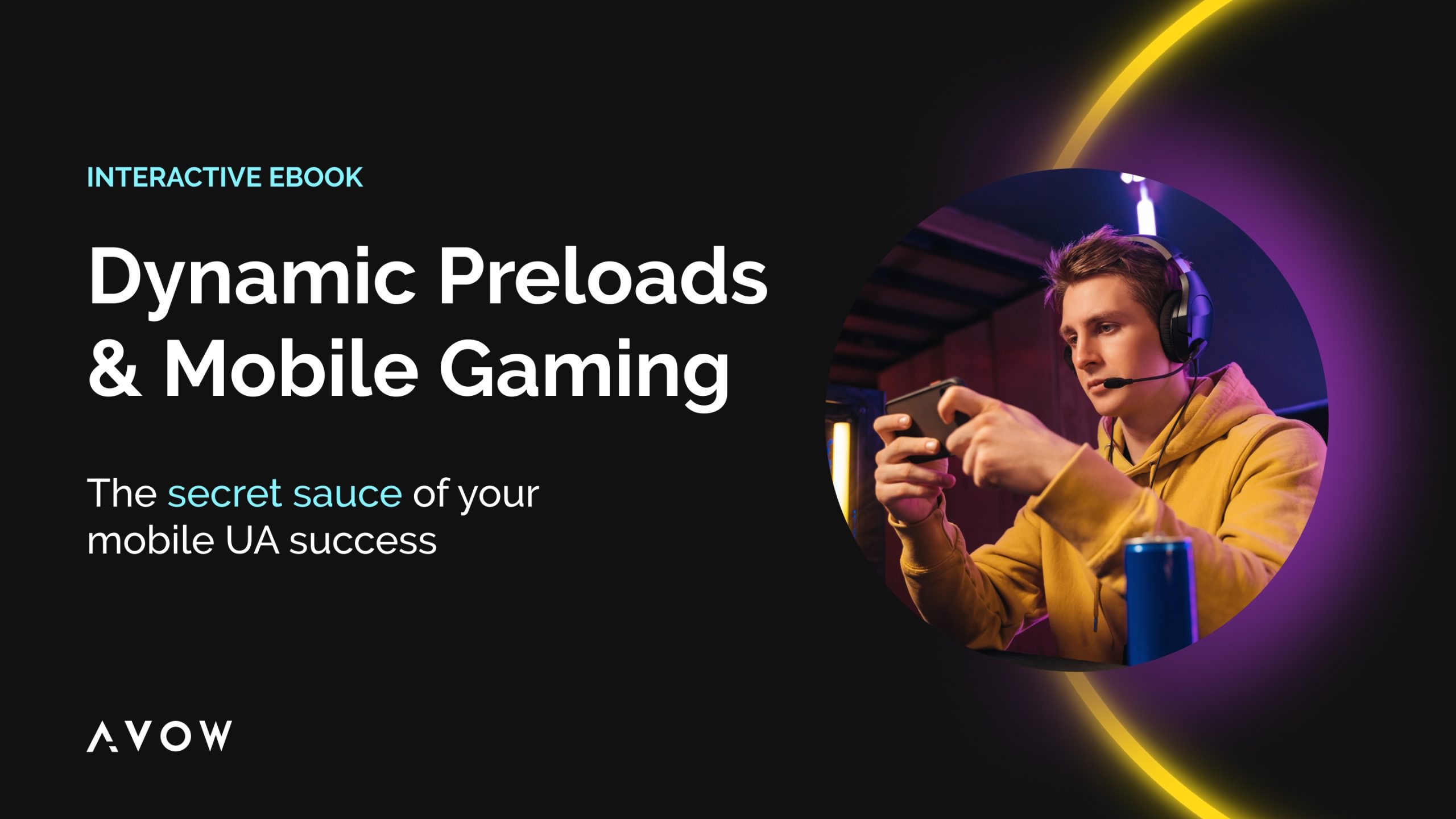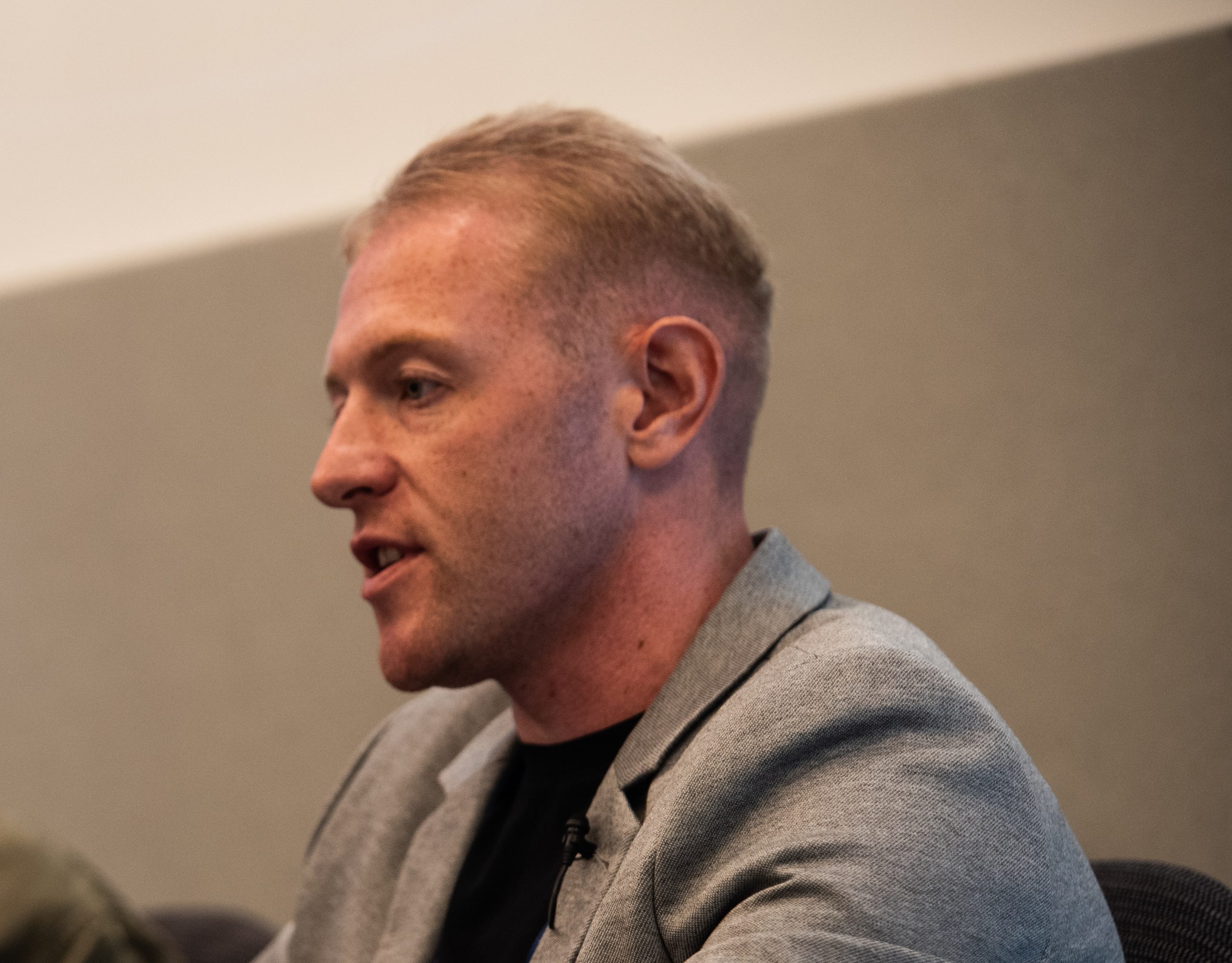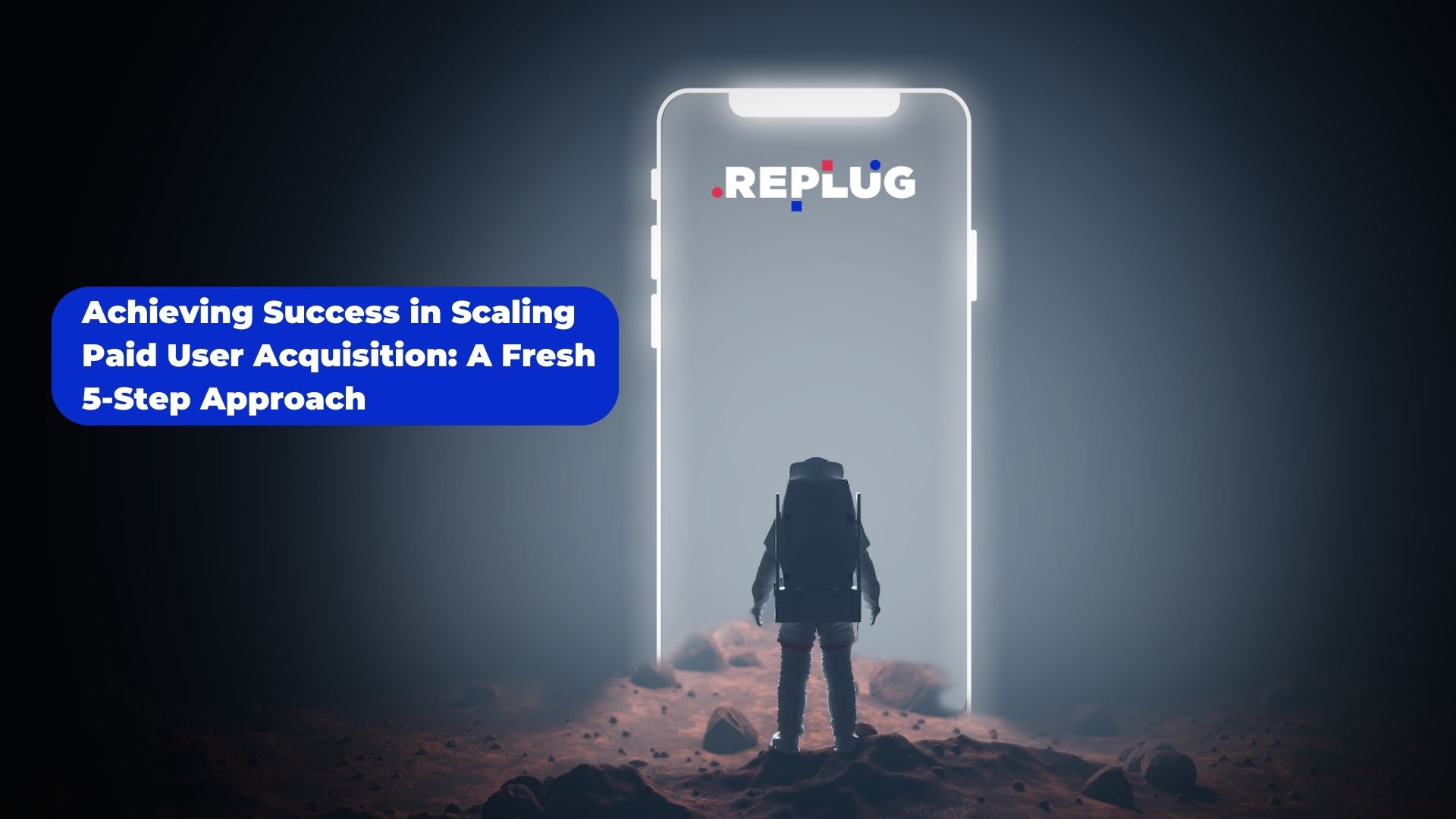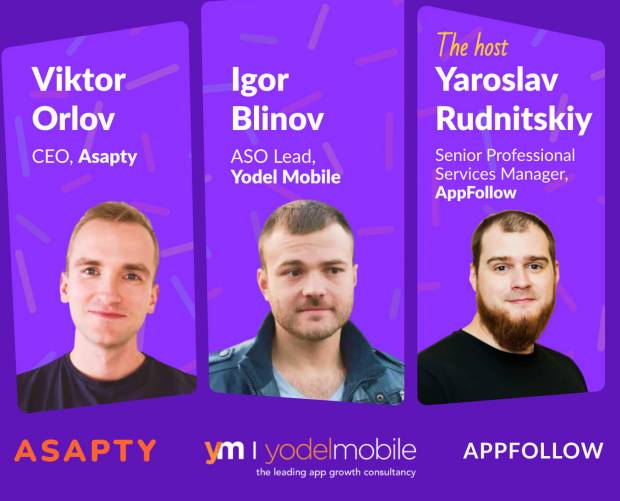Don’t underestimate Google – this is not all we’ll hear about FLoC
- Tuesday, March 23rd, 2021
- Share this article:
Nick Pinks, CEO of Covatic, argues that there’s much more to come than what Google has so far revealed about its FLoC (Federated Learning of Cohorts) solution.
 When Google went public with its roadmap for a post-cookie digital ad landscape, there was no shortage of anticipation within the industry. And in the weeks since they shared the first insight into what FLoC would look like, they have been slated from every direction.
When Google went public with its roadmap for a post-cookie digital ad landscape, there was no shortage of anticipation within the industry. And in the weeks since they shared the first insight into what FLoC would look like, they have been slated from every direction.
Analysts from several major businesses have piled in to criticise the detail, accusing Google of still failing to address some issues of data privacy and performance – based around the size of data sets – and of falling short when it comes to protecting privacies such as emotional vulnerabilities that generate purchases, simply because people’s personal data remains inscrutable. Among other similar criticisms.
But I think they’ve all been played.
This is Google. And what we must surely have learned by now is not to underestimate Google.
Half-baked
On the surface, this idea is admittedly half-baked. Google themselves have said it promises to be 95 per cent as accurate as the current best way of working. Not even as good as what already exists, but 5 per cent short. Google hasn’t become the leader in new media technology by keeping the world on tenterhooks, only to present a slightly weak solution to a problem that has been lurking for more than three years. When they themselves announced they were scrapping third-party cookies, they would already have had the best minds in the tech world working on an alternative. I am convinced that this is not what they have come up with.
To think this is it from Google would be foolish. When it was first announced, my team and I spent hours poring over the detail, and initially I wasn’t sure whether to think it was pretty bad or pretty clever. I finally concluded that I didn’t know the half of it. Because Google doesn’t want me to.
I should declare I am rather emotionally involved in this announcement. Among the detail it was encouraging to see we at Covatic could agree with Google on one major point, namely that the future of digital media is on-device data, in which personal data stays with the user. This concept is the entire basis for Covatic’s business model, and is something we passionately believe will be at the root of the most effective digital consumer data going forward.
The benefits of on-device data storage are clear: it delivers greater data purity by which to infer what someone likes, how they behave and what they might find interesting and useful, while operating privacy by design.
Contextual communications
Covatic’s technology sits within brand apps and processes the data that is already on a user’s phone to inform the app in such a way that the brand can work its messaging around that person’s behaviour, resulting in highly targeted, contextual brand communications, without exposing a single piece of identifiable information about them.
No deterministic or probabilistic ID is required, no thumbprints or passwords – everything is done on the device and messages are served based on what the user is happy to share. The phone’s GPS settings – if activated – tell the app they take the same train from Kent to London every morning, for example, or go for a run every other lunch time. This and other data allows the app owner to tailor their communication for set times of day when it will be most impactful.
We have released to market the world’s first context engine, and it is being used to drive ad decisioning. It is not limited to a single browser – as Google’s ‘solution’ is limited to Chrome. Instead it is cross platform, designed to work in any app architecture including smart speakers, connected TVs, set-top-boxes and online.
And this is the first crucial element that Google is not acknowledging. What FLoC aims to do is try to learn and understand what people are interested in by analysing the browsing history on their devices in Google Chrome, before putting them into predefined clusters. Which plays into the age-old problem of context: it does not address real world involvement.
FLoC, apparently, will only have access to Google search and browser history. Which means it doesn’t know when you’ve gone out and bought the trainers you have been browsing all week, or when you have taken the holiday you were researching. The sort of nuance that is crucial to effective, cost-efficient digital advertising and just like that we have created at Covatic. This understanding completes the purchase cycle, and in doing so, directly affects the communication strategy.
Tracking
The second issue is that, as things stand, FLoC still involves Google tracking users and their data. Some sites will log your digital fingerprint and the whole system will collect data onto a back end system via Google ID. They may not be telling other people who you are, but they still know. And that is not a problem solved, that is a problem pseudo-solved. While FLoC’s cohorts will not enable identification by themselves, it will still be relatively easy for companies to identify users with a combination of log in details and what they have learnt from FLoC.
We should be using our devices’ capabilities to help make decisions on the device, delivering personalised experiences, ads and content without needing to track anyone at all. Ever. Any form of tracking in 2021 and beyond shows the concept is still broken, and Google knows this. FLoC as it stands is a great first step but it needs to go further – and it will.
Do not write off Google and do not be quick to judge this offering. We are not seeing the full picture and that is why I am not buying FLoC v1.
















